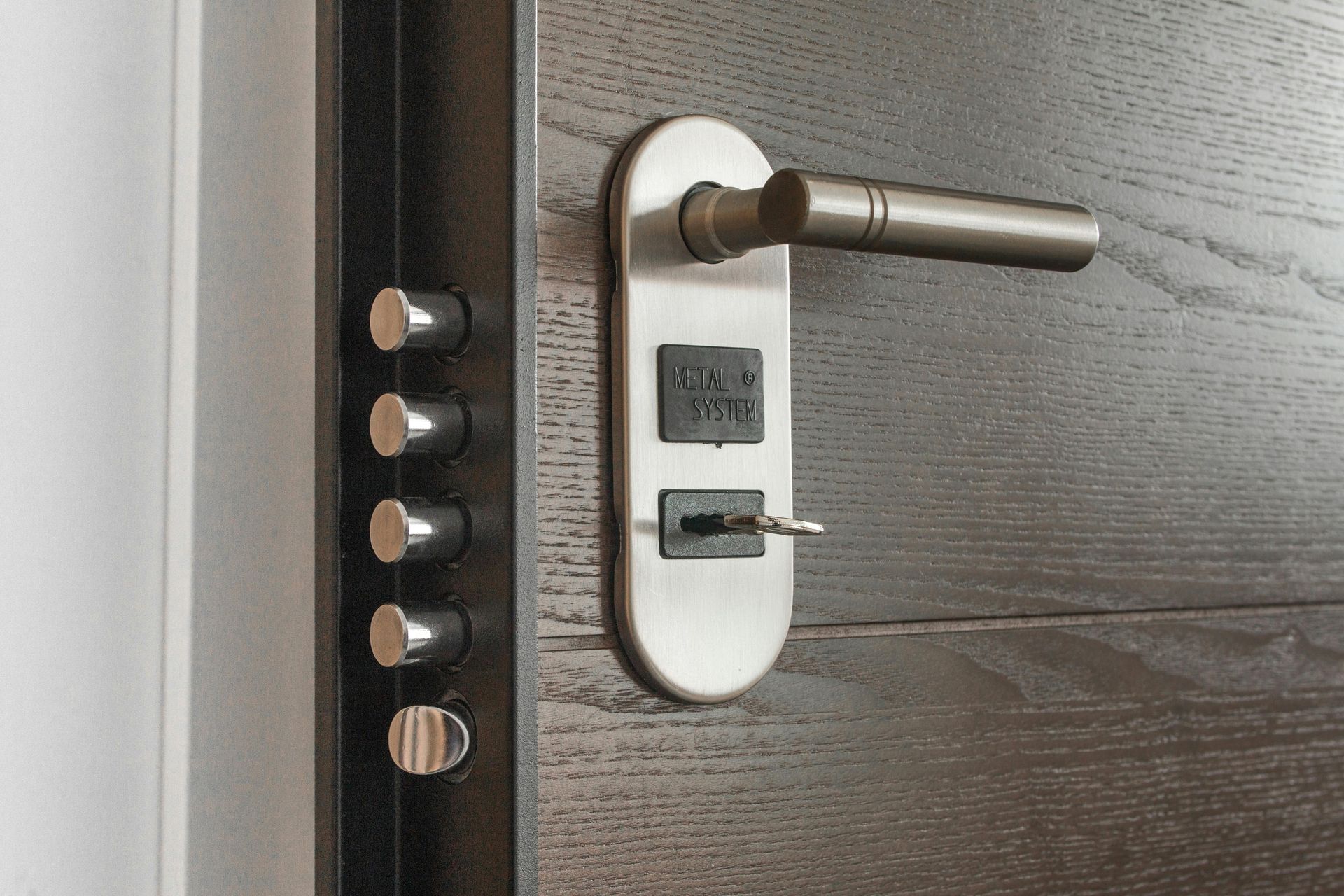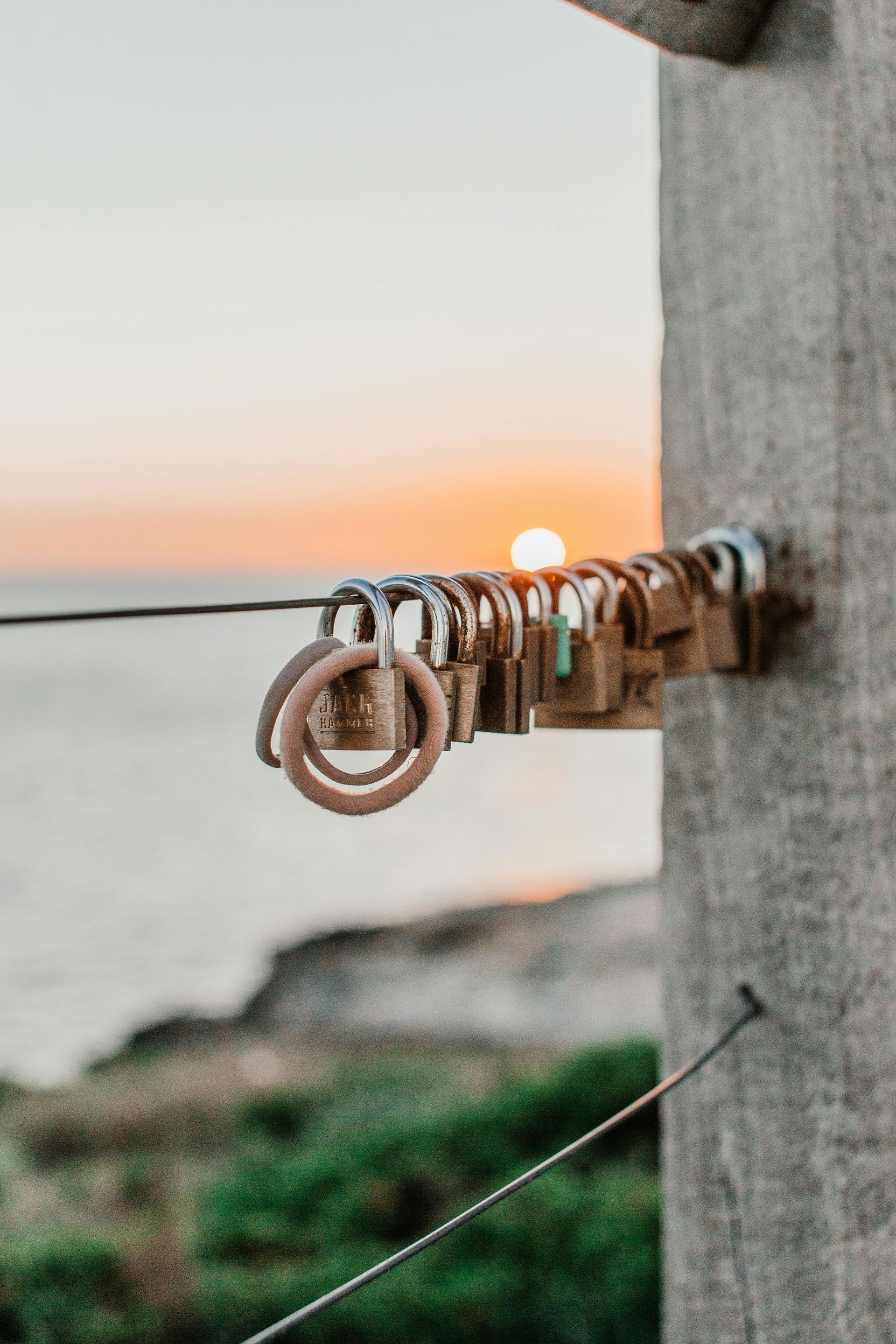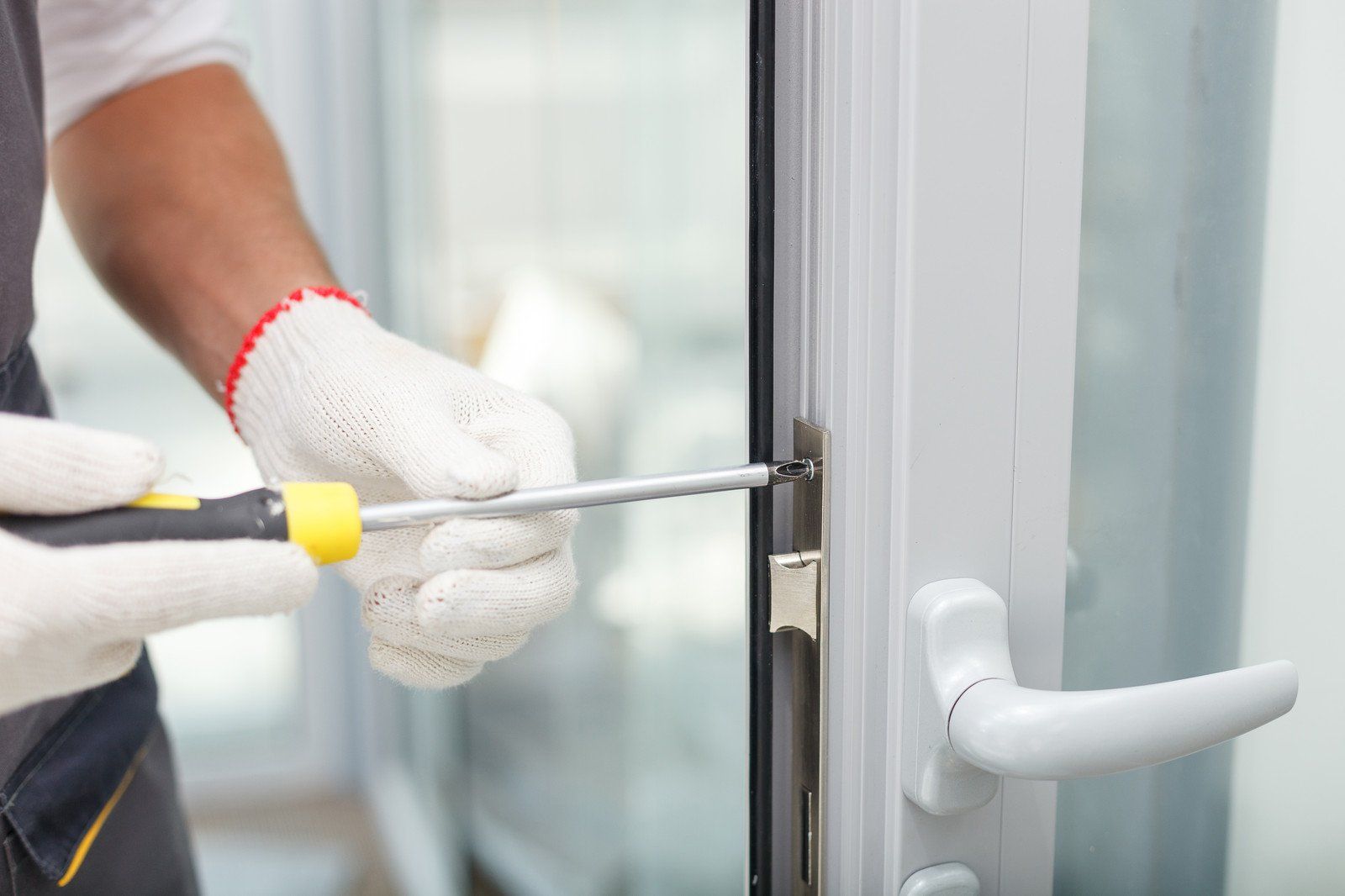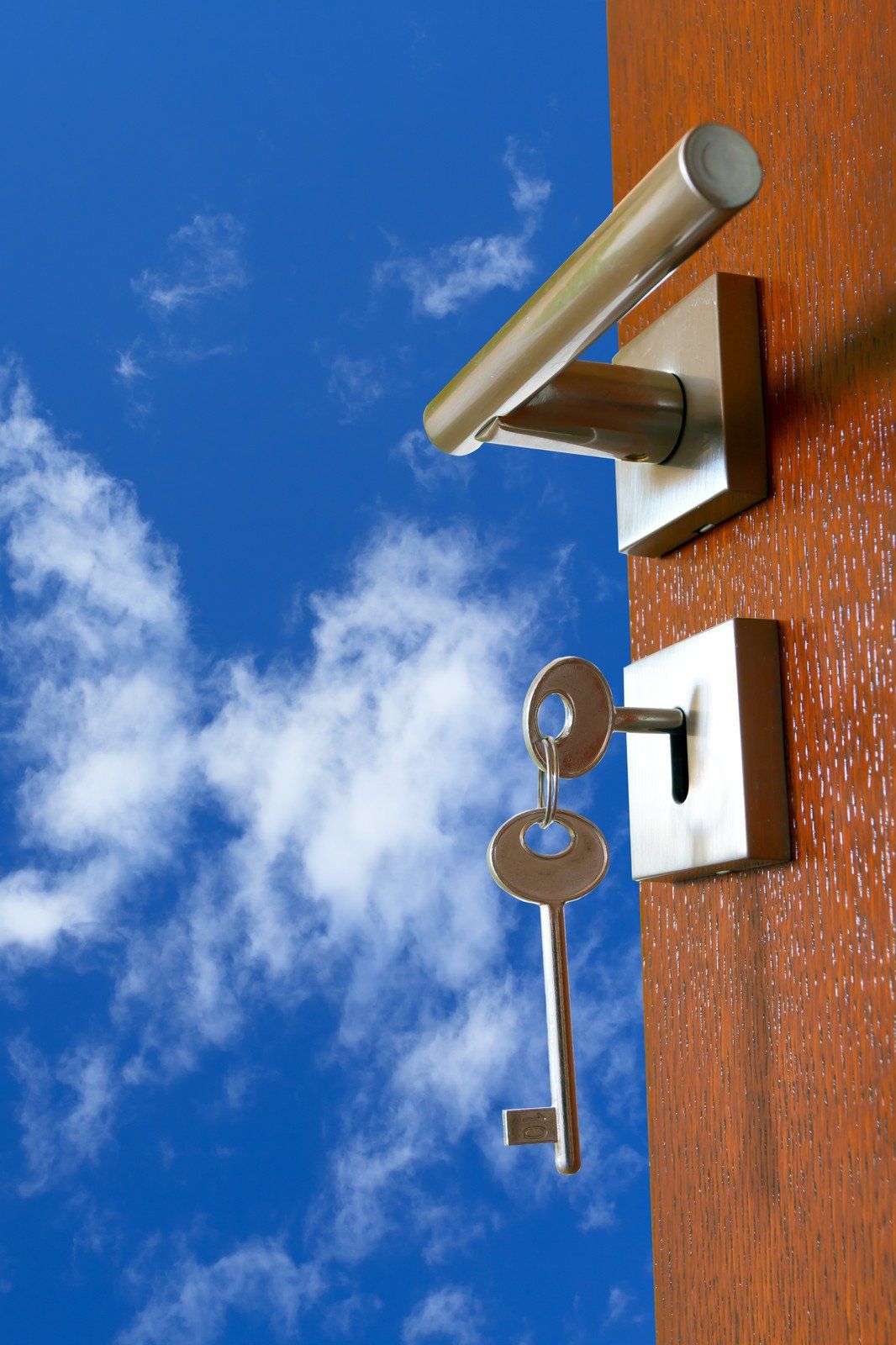




If you're finding your insurance documents a bit confusing, or are filling out your online home security questionnaire and can't seem to understand which locks you have, this is the blog post for you. Here we will go through each of the lock types and their insurance approved status and what you may need to change to comply. We have even added images of the locks to make this whole guide a bit easier to digest and to compare to your existing locks.
Mortice deadlocks are one of the most common type of locks referred to in a policy. A mortice lock requires a key to both lock and open it. Usually this done from the inside of the property and the outside of the property however there are fire safe deadlocks that utilize a small handle or built in key from the inside. Your home insurer may ask that it complies with British Standard BS3621.
Nightlatches
are the most common types of locks in London. Due to their convenience of just "locking" when you shut the door and their price range. You may know these as ‘yale locks’. In general, they come in two forms: standard nightlatches and deadlocking nightlatches
.
Multi-point locking systems are now commonly used and are found mainly on UPVC doors. A multi-point locking system has a minimum of three locking points that all lock simultaneously with the turn of a key. They will often come with additional rollers or mushrooms that keep the door tight. Sometimes they may even have shooter bolts that go into the frame as soon as the door is shut.
4. Cylinder locks
Cylinder locks are a common type of lock found on doors. You would need to check with your home insurer whether this type of lock is acceptable as some types of cylinder locks are vulnerable to a technique known as lock snapping. To avoid this it is possible to get Anti snap euro cylinders and better yet a kitemarked cylinder that's up to date. All compliant cylinders that are BS and up to date are impervious to lock snapping attempts.
6. Key-operated security bolts
Commonly used on external doors, including French and double doors. Your policy may specify that key-operated security bolts should be fitted to the top and bottom of the door if these are on french doors or sliding doors.
If you have any questions regarding your home security, are looking for home insurance security advice
you're moving into a new home, changing insurance provider or even just want to upgrade your security - give us a call or contact us here
We always advise installing British standard locks
on all external doors.




